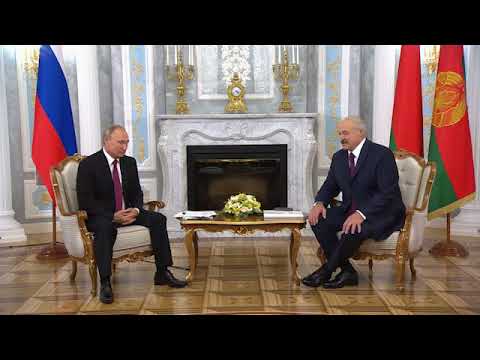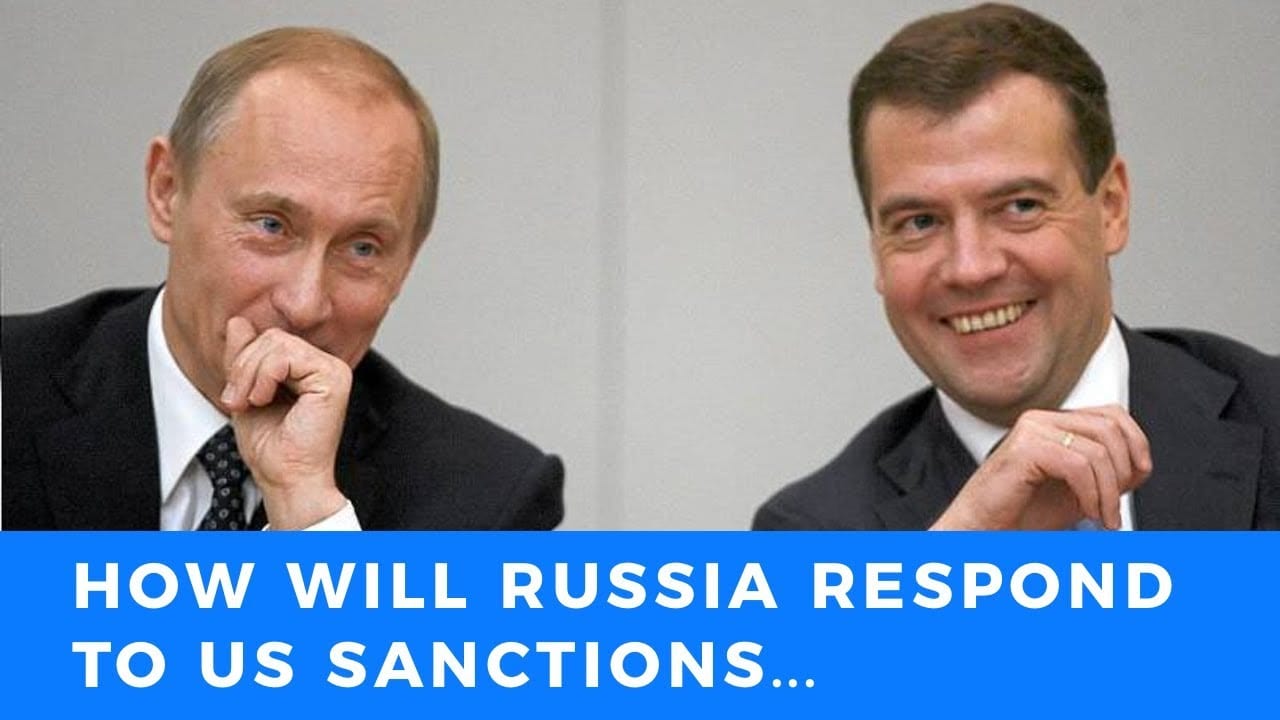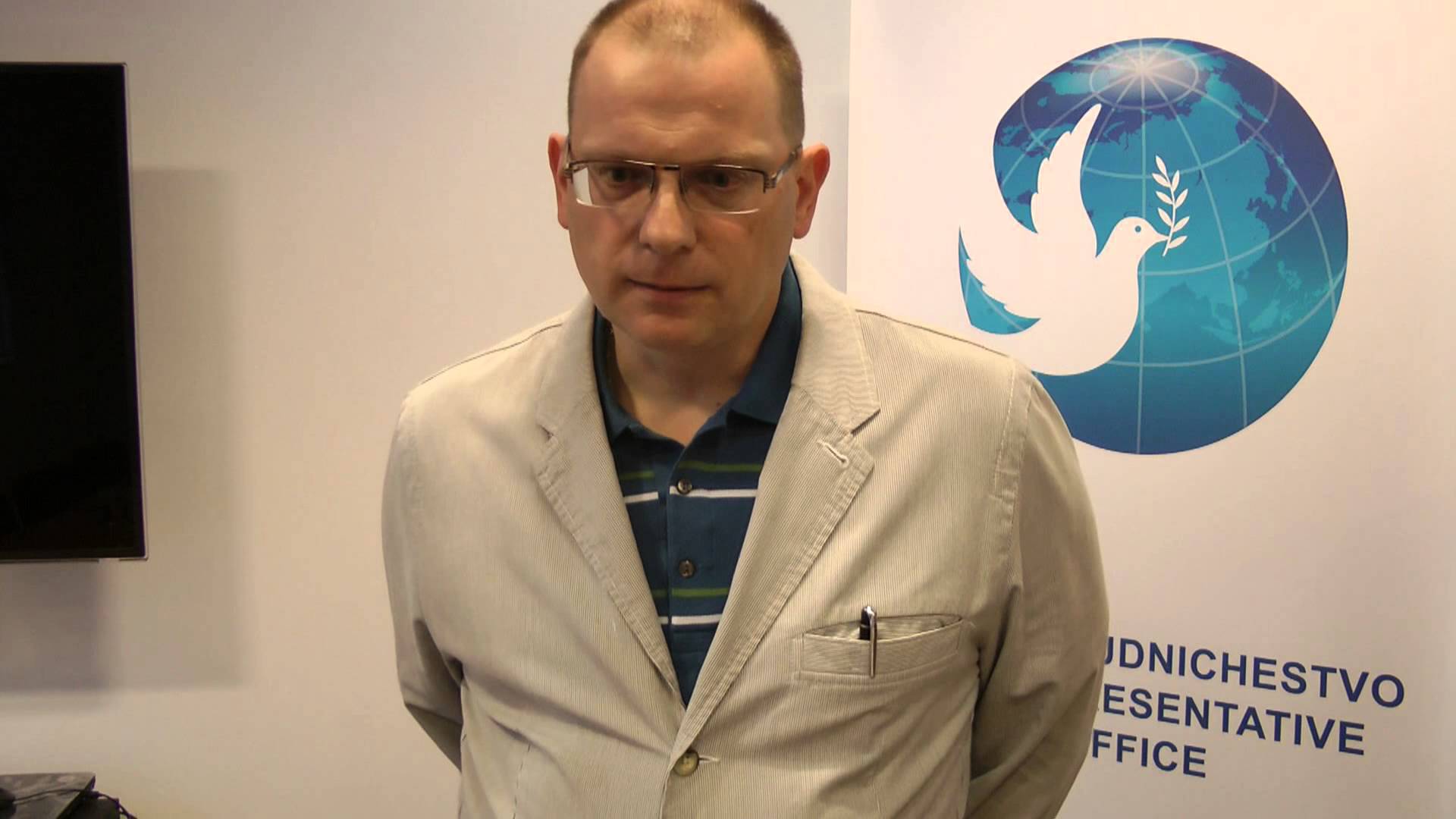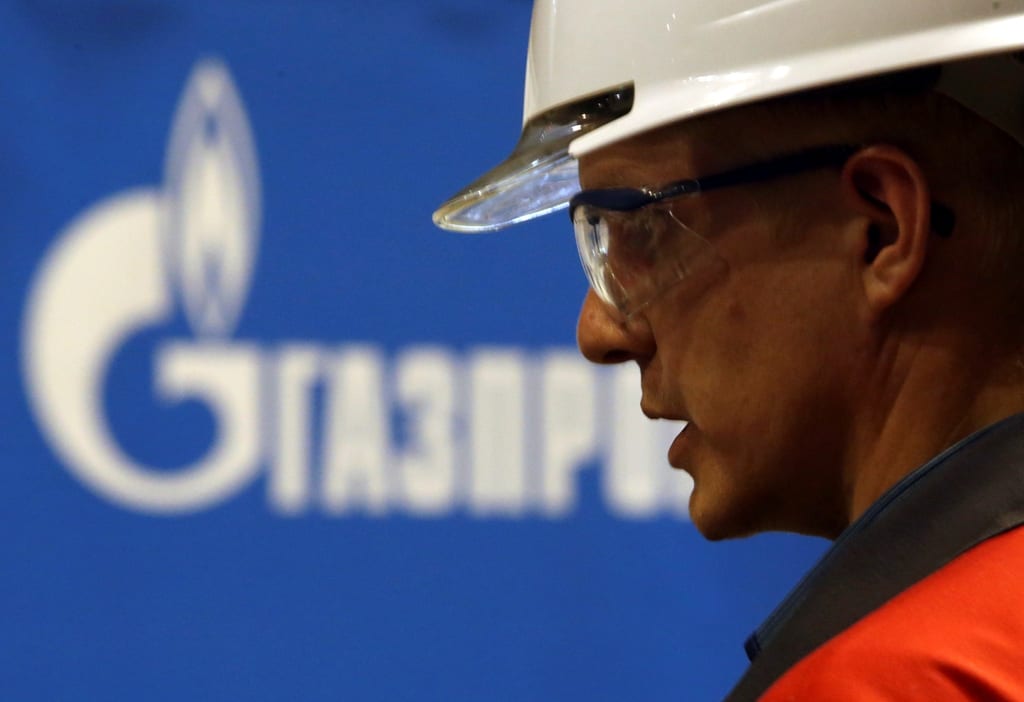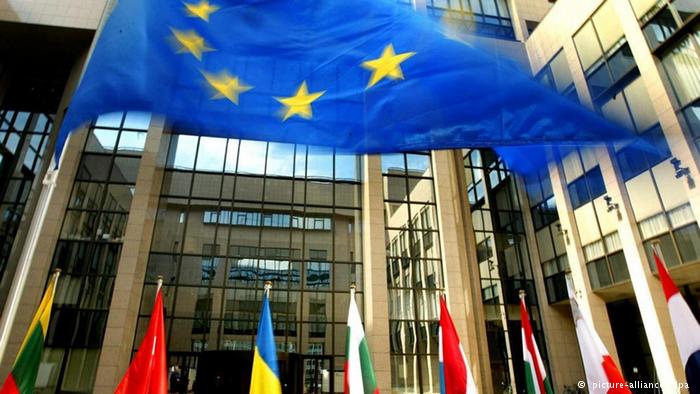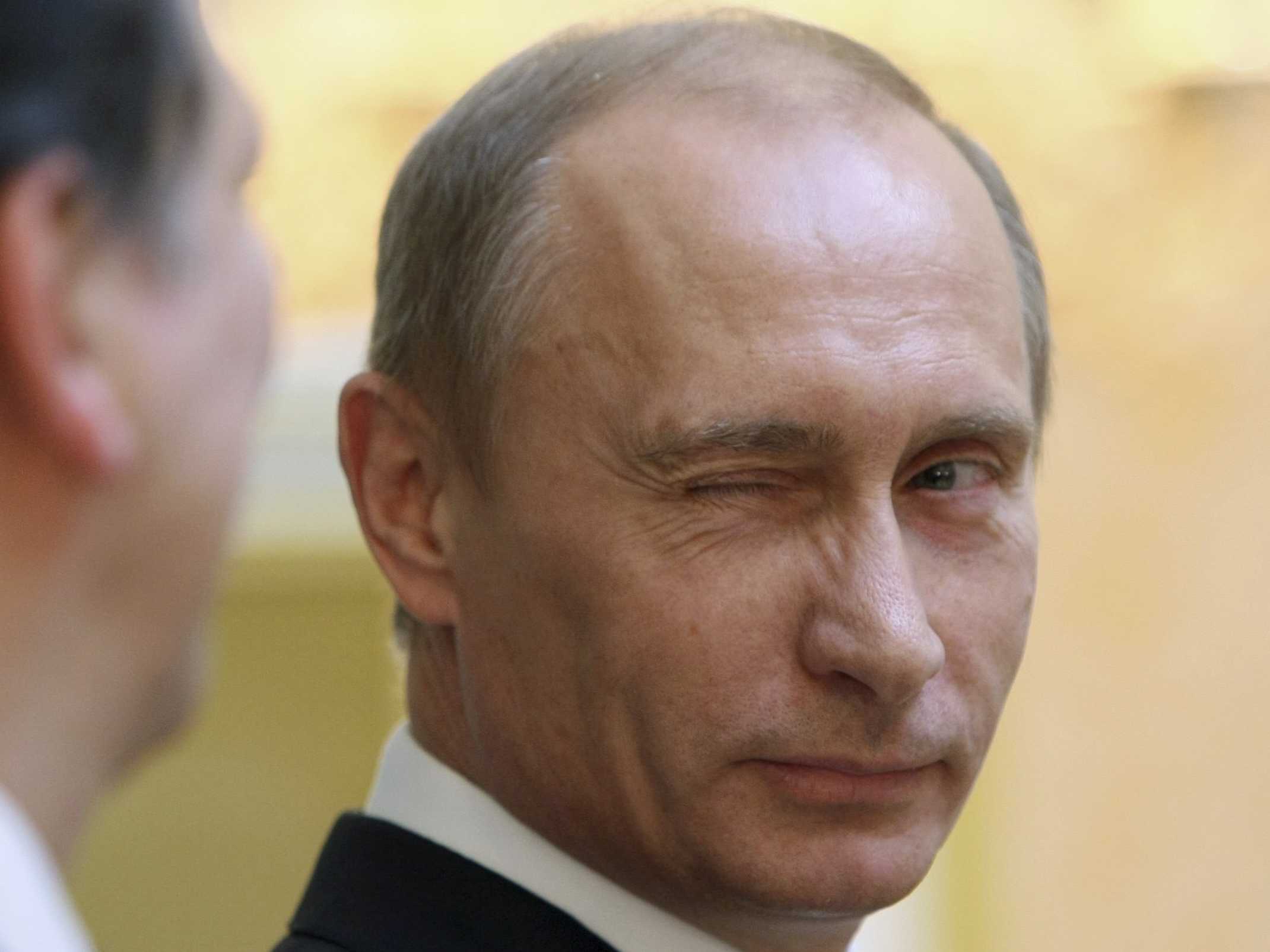Recently the Russian website on public procurements posted a very interesting message about holding a closed auction on deployment of the latest Samarkand complexes for radio-electronic fight in 13 military units across all Russia and… in Belarus. The initial contract costs 61 million rubles. According to the plan, these complexes have to be put into operation until 10 November 2019.
In Belarus the Samarkand complexes are planned to be deployed on two military facilities of the Russian Federation which remained there since the USSR (radiolocation station near Gantsevichi and post for a long-distance communication with submarines of the Naval Forces of Russia near Vileyka), thereby gradually expanding the military presence in this state.
Moscow has never covered their longstanding plans to create the full-fledged Russian military bases in the territory of Belarus. Finally, they found the excellent opportunity to put these plans into practice – the Poles proposed to construct US military base on their territory supposing to place the US light armored division.
The U.S. and Polish Presidents, Donald Trump and Andrzej Duda, already discussed this issue during their meeting in Washington. The Polish authorities declared their determination to allocate 2 billion dollars for this project.
It’s very likely to assume that during negotiations behind closed doors in Sochi on September 22 one of the preconditions for renewal of the Belarus economy’s “hydrocarbon sponsorship” laid down by Putin was establishment of the Russian military base in Belarus. Well, that is an assumption only. However, on 21 October new ambassador in Belarus Mikhail Babich in his extensive interview to the Belarusian TV said that Moscow would qualify any military attack on Belarus as an attack on Russia. Commenting on a possible establishment of permanent US base in Poland, he said also that increase in the US military commitment near Russia and Belarus borders would not promote safety of neighboring states: “Since precisely neither for Poland, nor for the neighboring states… where these bases are deployed, such opposition will bring nothing good”.
It is noteworthy that discussing a possibility of Russian military operations in the territory of the allied State, the Russian ambassador speaks about his country of residence as not an independent state, but as a part of Russia, ignoring the position of the Belarusian leaders.
The issue of establishment of the Russian military base in Belarus was subjected to long and difficult discussions in 2014-2015. In 2015, the Russian government considered the draft agreement with Belarus on deployment of Russian Air Force base on their territory. That time the question was a deployment of a wing equipped with SU-27 fighters in Belarusian city Baranovichi. It is remarkable that the Russian servicemen considered a matter of the new Russian military base in Belarus already settled and spoke about it as about the accomplished fact. However, in 2015 before the next re-elections Mr. Lukashenko refused deployment of the Russian military base in Belarus.
Meanwhile, Moscow strengthened their pressure upon Belarus in the field of defence. The apogee was the last year’s Zapad 2017 military manoeuvres accompanied with a range of scandals related to lack of coordination between the Russian servicemen and the Belarusian Joint Staff on the Belarusian territory as the first pursued to make it clear who is the master.
Today Kremlin obtrusively suggests Minsk to accept the Russian military base in the Belarusian territory again, having secured this idea in the intergovernmental document – the military doctrine of the Allied State. Since then, in case of possible Lukashenko’s free will, Moscow may put in “failure to follow allied obligations”.
Further relations between Minsk and Moscow will depend on whether Alexander Lukashenko would sign the new “allied” military doctrine without specific objections or he would fall again to chaffer.
